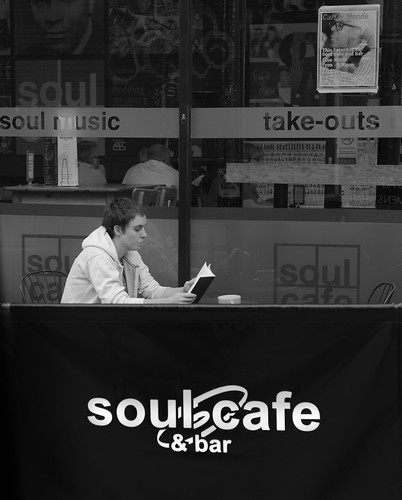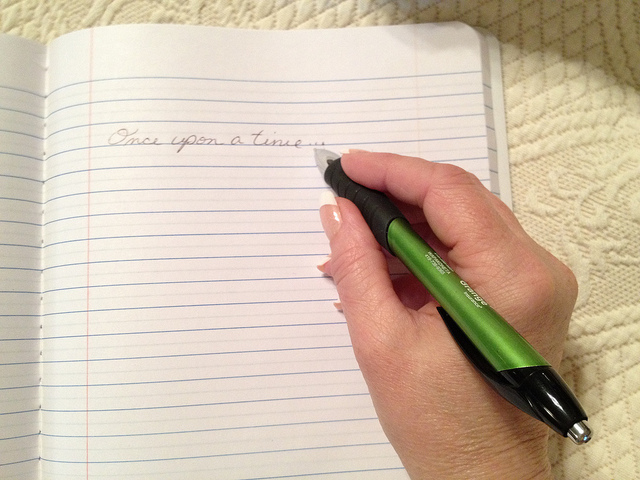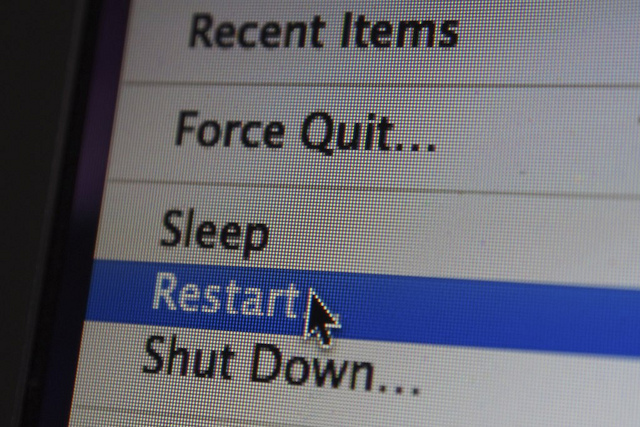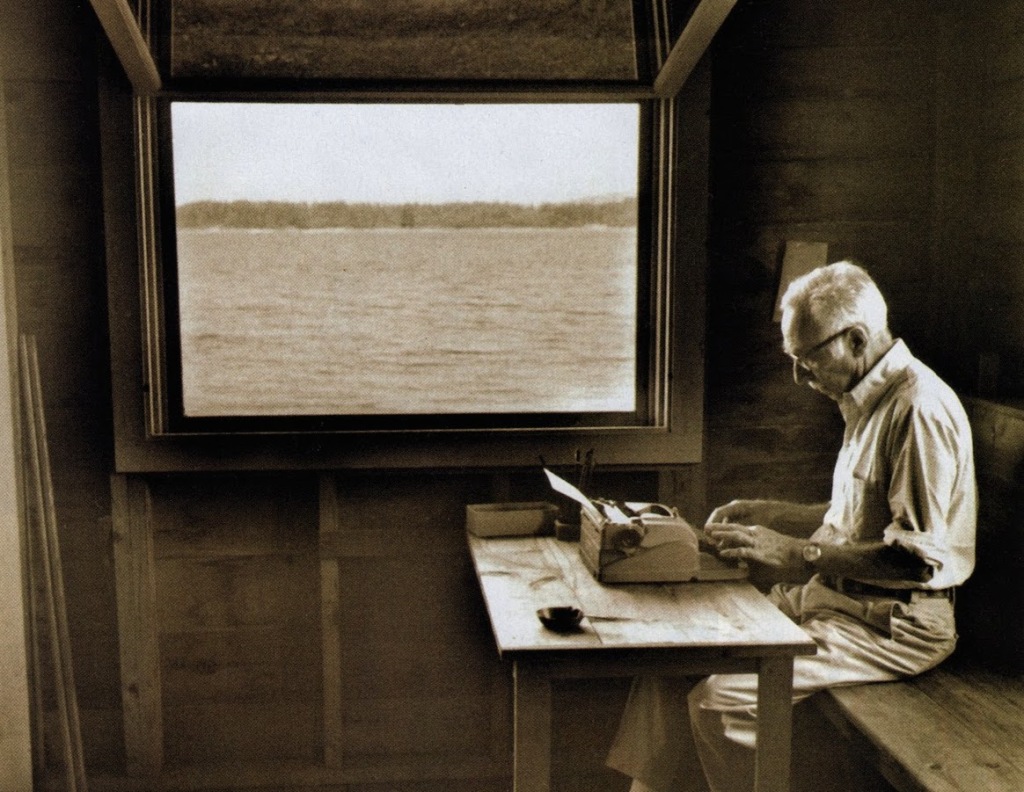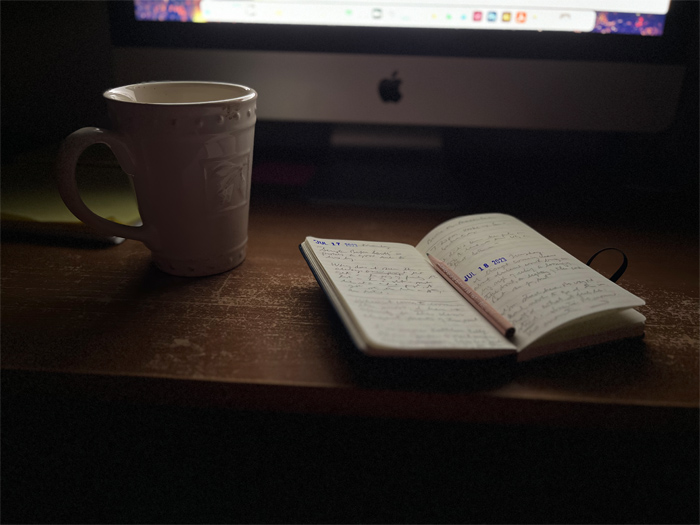
It’s taken me almost a month to get used to the pocket sized Moleskine again, but now it just feels right, like the good ol’ days, or something.
Here’s fair warning to all both of you, loyal readers. This post will not be earth-shattering, life-changing stuff. It won’t. It’ll be a couple of random lines, mostly copied from somewhere else to accomplish two things: getting my mind and fingers working, and boosting that word count up to 300 for the day. You’ve been advised, so you can probably go ahead and move on to something more profound and productive.
John Slaughter writes over at The Abbeville Institute about how the South as we know it is being homogenized away by encroaching factors mostly beyond our control. Now, I understand there aren’t a lot of folks who love the South out loud (the result of those “encroaching factors”), but I am one. You can save all your blah blah blah about racism and Lost Causes and backward ignorance and all that. That’s not the South I love and it’s not what I’m talking about here. It is true, however, that Aunt Pittypat (from the Book That Shall Not Be Named—and Film That Shall Not Be Named) was quite prophetic: How, indeed?
But back to Mr. Slaughter:
We are already seeing our rich customs, traditions, and values being overshadowed or discarded in the relentless pursuit of profit and conformity. How many statues and headstones now lie in ruins or hidden away in storage lockers because transplants brought forth by the lure of money and employment sought to turn the South into little New England?
The consequences of large corporations dictating our cultural landscape weigh heavily on my mind. In a world driven by mass consumption and fleeting trends, I can’t help but worry that the vibrancy and authenticity of our Southern traditions may be reduced to mere commodities, stripped of their true essence and significance. The introduction of conflicting values from diverse backgrounds further compounds these concerns, as it threatens to dilute the very core of our heritage and erode our collective identity.
Moreover, the rapid expansion of urban centers raises valid concerns about the displacement of longstanding communities. Iconic cities like Atlanta and North Carolina’s Research Triangle now wield significant influence, overshadowing rural areas and threatening the very fabric that has nurtured our customs and shaped our collective memory for generations.
Reflecting on this situation, I find myself drawn to Christ’s words in Mark 8:36, “For what shall it profit a man if he shall gain the whole world, and lose his own soul?” Are we willing our identity for GDP and manicured lawns? Is increased tax revenue worth forced cultural amnesia? I for one do not want a South that is indistinguishable from Ohio or Illinois.
Nicholas Bate reminds us that stories are powerful means of communicating important material. After all, the Great Storyteller and some who followed in His footsteps have been good examples.
Among the eleven reasons Mr. Bate gives for good stories, this one sits in the middle:
Stories use language not just words; it requires an engaged brain to use a story. And the latter is an increasingly rare commodity on a Zoom/Teams call.
Toni Cade Bambara reminded us to take words seriously.
And finally, this morning, Mitch Chase engages Proverbs 15:30 to encourage us to be, well…encouragers!
And would you look at that? That 300 word goal? Well, it almost doubled! Take that, inertia!




